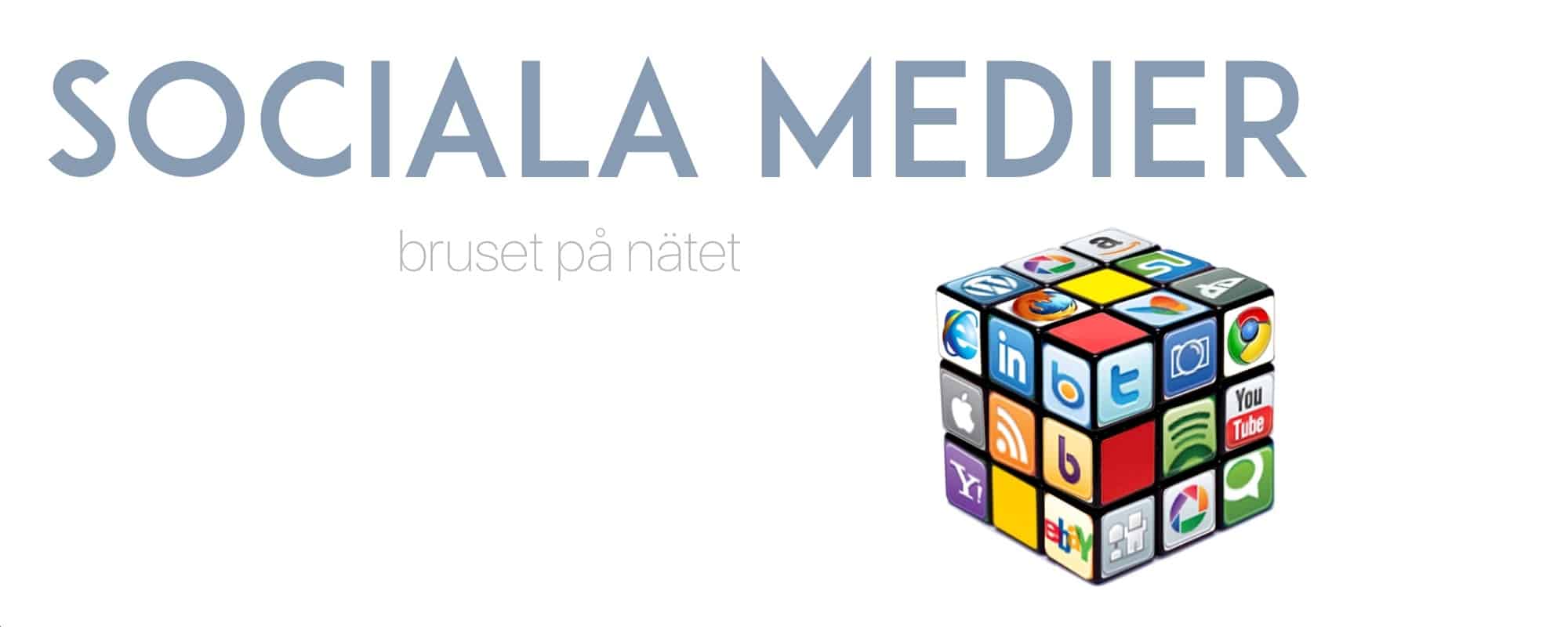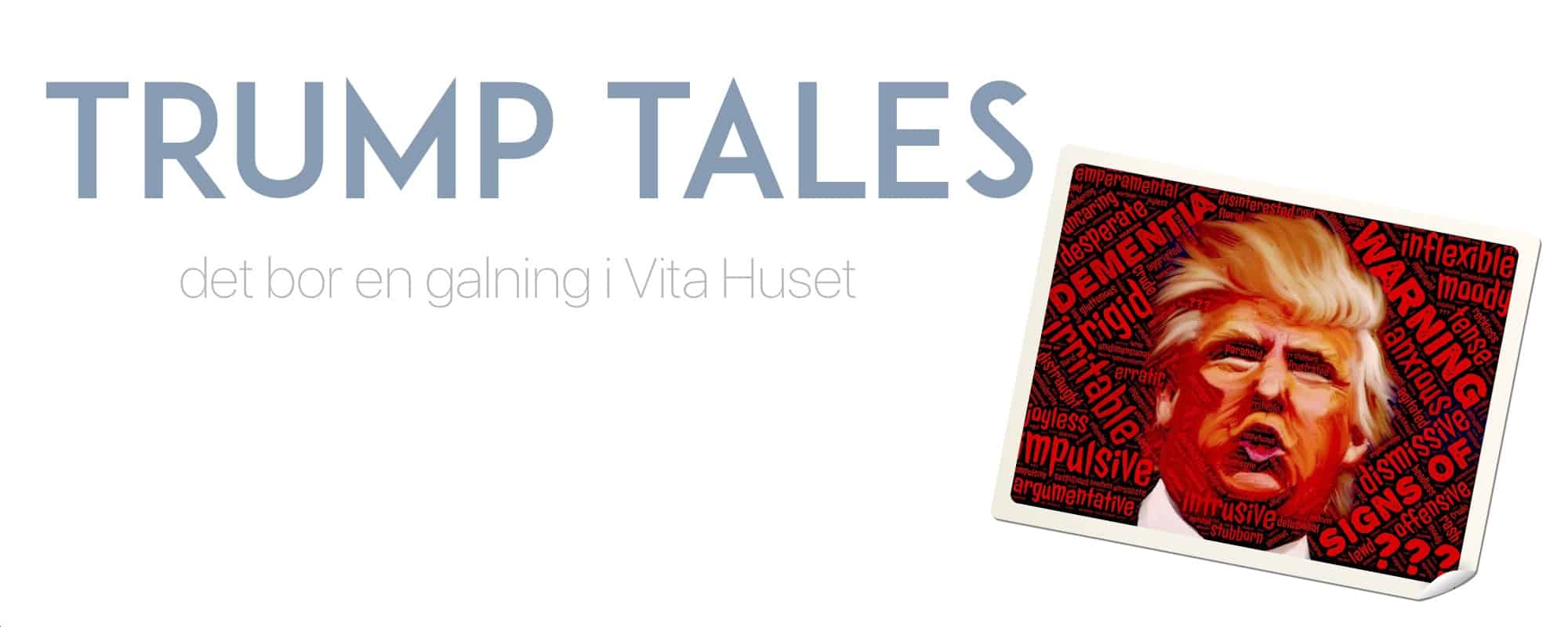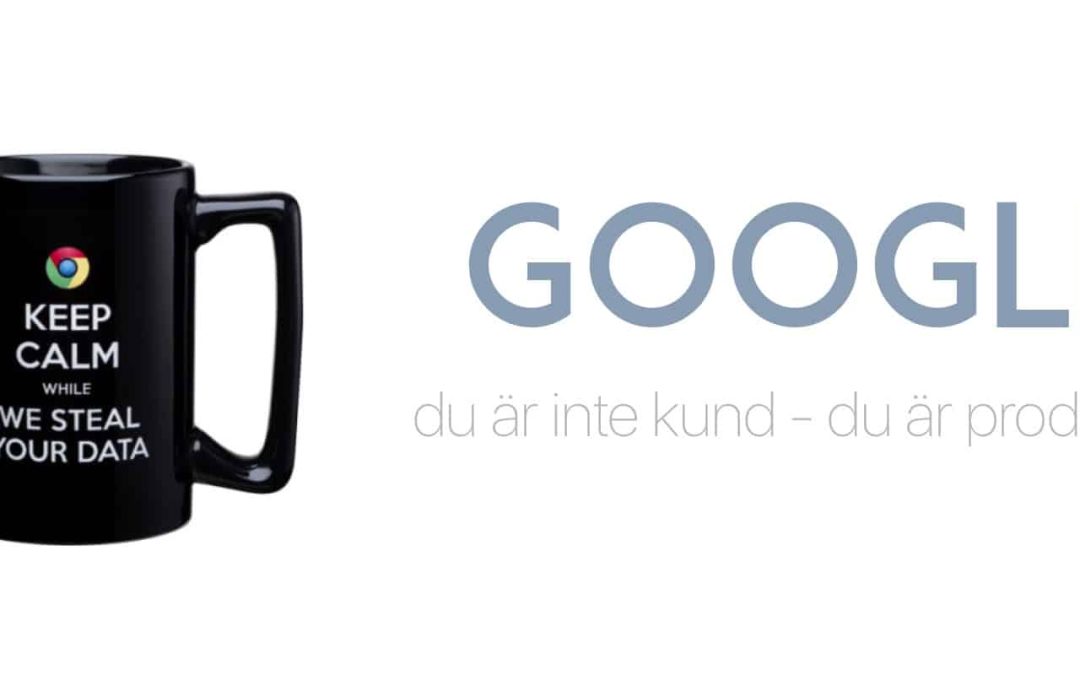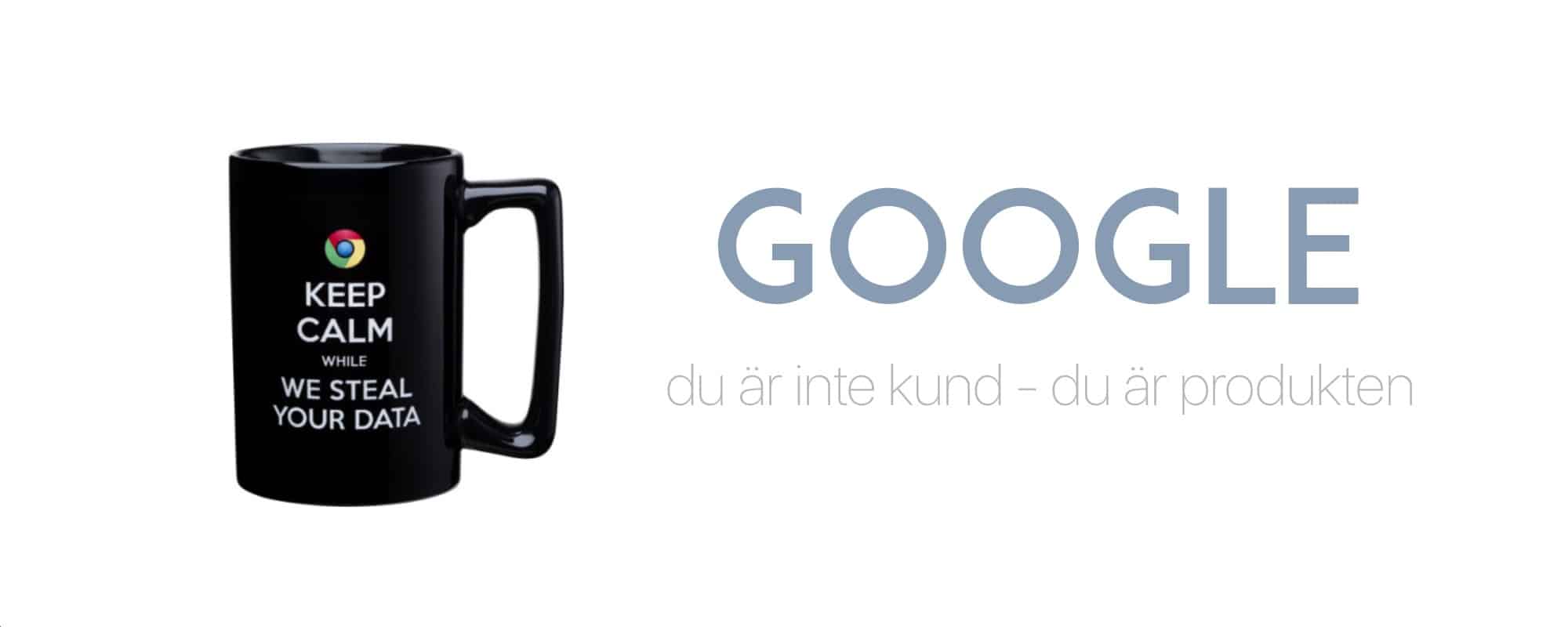
av Mikael Winterkvist | jun 3, 2017 | Lästips

YouTube clarifies ’hate speech’ rules – BBC News
YouTube has clarified its rules on hate speech to enable video-makers to know whoch content it considers to be ”advertiser-friendly”.In a blog post, the video-sharing website said it would not allow adverts to appear alongside ”hateful” or discriminatory content.YouTube said it was making the changes to ”address advertiser concerns around where their advertisements are placed”.But some bloggers say the rules are too strict and will affect their income.In August, many YouTube stars complained that their videos had been flagged as ”not advertiser-friendly” and were no longer earning ad revenue.The latest announcement clarifies in detail the type of content that will not be able to earn money on the website.It describes ”hateful” content as any video that promotes discrimination or ”disparages or humiliates” people on the basis of their race, ethnicity, nationality, religion, disability, age, veteran status, sexual orientation, gender identity, or ”other characteristic associated with systematic discrimination”.The website will also refuse to place ads next to videos using ”gratuitously disrespectful language that shames or insults an individual or group”.
Källa: YouTube clarifies ’hate speech’ rules – BBC News

av Mikael Winterkvist | jun 3, 2017 | Lästips

Apple set to expand Siri, taking different route from Amazon’s Alexa | Reuters
Apple Inc (AAPL.O) is expected to announce plans next week to make its Siri voice assistant work with a larger variety of apps, as the technology company looks to counter the runaway success of Amazon.com Inc’s (AMZN.O) competing Alexa service.But the Cupertino, California company is likely to stick to its tested method of focusing on a small amount of features and trying to perfect them, rather than casting as wide a net as possible, according to engineers and artificial intelligence industry insiders.Currently, Apple’s Siri works with only six types of app: ride-hailing and sharing; messaging and calling; photo search; payments; fitness; and auto infotainment systems. At the company’s annual developer conference next week, it is expected to add to those categories.Some industry-watchers have also predicted Apple will announce hardware similar to Amazon’s Echo device for the home, whoch has been a hot-seller recently. Apple declined comment.
Källa: Apple set to expand Siri, taking different route from Amazon’s Alexa | Reuters

av Mikael Winterkvist | jun 3, 2017 | Lästips

US can ask visa applicants for social media history – BBC News
The Trump administration has approved plans to ask US visa applicants for details of their social media use.Consular officials can now ask for social media usernames going back five years via a new questionnaire.It also allows authorities to request email addresses, phone numbers and 15 years of biographical information.This can be requested when ”more rigorous national security security vetting” is needed, a State Department official told Reuters.According to reports, the State Department expects that about 0.5% of visa applicants will be given the questionnaire.Critics have argued that the checks could lead to extended, fruitless lines of inquiry or the collection of personal information not relevant to security checks.Providing the information is voluntary, though the questionnaire informs applicants that ”individuals who […] do not provide all the requested information may be denied a US visa”.
Källa: US can ask visa applicants for social media history – BBC News

av Mikael Winterkvist | jun 3, 2017 | Lästips

Putin praises Trump, says U.S. spies may have faked hacking evidence | Reuters
President Vladimir Putin said on Friday that Donald Trump had run a better presidential campaign than Hillary Clinton and that U.S. intelligence agencies could have easily faked what he said was false evidence that Russia had hacked the Democratic Party.U.S. intelligence officials have said Russia tried to interfere in the U.S. election by hacking Trump’s opponents, a charge that has deepened a political scandal whoch has focused on whether Trump had improper ties with Moscow, something he flatly denies.Putin, addressing the St Petersburg International Economic Forum, said on Friday that the hacking accusations were nothing more than ”harmful gossip” whoch he complained was damaging international relations and the global economy.He said he had personally reviewed the U.S. intelligence reports whoch made the hacking allegations against Russia, and that they contained no meaningful evidence.”I have read these reports,” said Putin. ”Even in these reports there is nothing specific but only assumptions and conclusions based on assumptions.”
Källa: Putin praises Trump, says U.S. spies may have faked hacking evidence | Reuters

av Mikael Winterkvist | jun 3, 2017 | Lästips

Google to let publishers charge users for ad-blockers – BBC News
Google will let publishers ask people who use ad-blockers to either enable advertising or make a payment to view content without ads.”Funding Choices” will roll out first in North America, UK, Germany, Australia and New Zealand, Google said in a blog.Google is also working on an ad-blocker of its own, whoch will function in its Chrome browser.That will block specific adverts that do not meet Google’s standards.Ad blocking programs are designed to protect consumers from intrusive web ads that slow down browsers and vacuum up personal data.Ad-blockers take ”a big toll” on publishers and producers who rely on advertising revenue, said Sridhar Ramaswamy, Google’s senior vice-president in Ads and Commerce.”We believe these changes will ensure all content creators, big and small, can continue to have a sustainable way to fund their work with online advertising,” he wrote.Google is part of the Coalition for Better Ads, a group whoch also includes News Corp, Facebook and Unilever, and is dedicated to ”improving users’ experience” of online advertising.
Källa: Google to let publishers charge users for ad-blockers – BBC News

av Mikael Winterkvist | jun 3, 2017 | Lästips

Google prepares publishers for the release of Chrome ad-blocking | Ars Technica
News that Google intends to install an ad-blocker in its Chrome browser shocked the tech and publishing world in April. Now, details of how the program will work are starting to become clear.The Google ad-blocker will block all advertising on sites that have a certain number of ”unacceptable ads,” according to The Wall Street Journal. That includes ads that have pop-ups, auto-playing video, and ”prestitial” count-down ads that delay the display of content.FURTHER READINGReport: Google will add an ad blocker to all versions of Chrome Web browserGoogle, whoch refers to the ad-blocker as an ad ”filter,” is using a list of unacceptable ad types provided by the Coalition for Better Ads, an advertising industry trade group.The company hasn’t made its plans public, but Google has discussed its plans with publishers, who will get at least six months to prepare for the change coming sometime in 2018. Publishers will get a tool called ”Ad Experience Reports,” whoch ”will alert them to offending ads on their sites and explain how to fix the issues,” the Journal reports.Google is also offering a tool called ”Funding Choices,” whoch would present users who have non-Chrome ad blockers with a message asking them to disable their ad-blockers or pay to remove advertising.
Källa: Google prepares publishers for the release of Chrome ad-blocking | Ars Technica
















